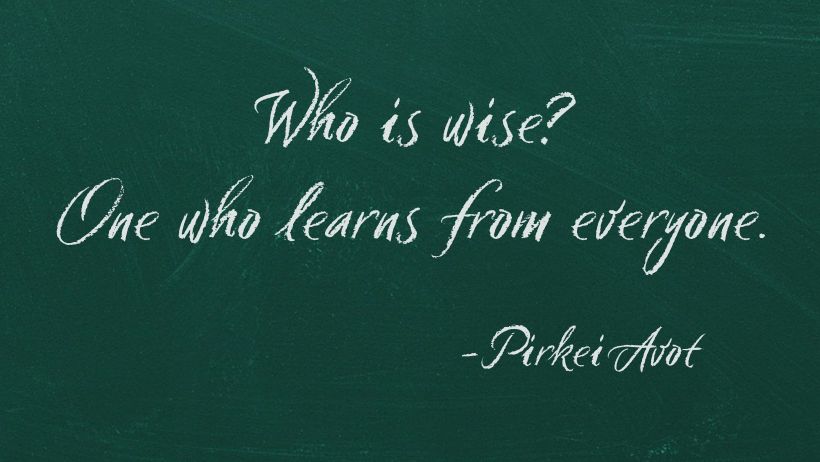A rabbi, a Lutheran pastor, and a Presbyterian pastor walk into a coffee shop. No, that’s not a joke, it actually happens on a regular basis. I gather monthly with two other female clergy, one Presbyterian, the other Lutheran. We talk about our journeys as religious leaders, as women, as people of faith. It may sound cliché, but I fully believe that we can learn from anyone. We’ve explored the differences between our Bibles and the ways in which our faith stories can be told. I’ve offered support when security issues have arisen at their buildings, and they’ve taught me about setting boundaries and recharging when necessary. The premise might sound like the start of a joke, but with this group of women, I’m learning so much about life and Judaism.

I don’t want to whitewash over the differences between myself and my colleagues either. There are certainly places where I fully disagree with their reading of our sacred texts, and in those moments we agree to disagree. Thankfully, those moments are few and far between. When we sit together with our hearts and minds open, our world is a richer and more beautiful place.
If the joke were in fact told in the Torah, that version would probably go something like this: “A Midianite priest and an Israelite prophet walk into the desert.” That’s what happens in our Torah portion this week, Parshat Yitro. The central piece of the portion is the giving of the Ten Commandments by God to Moshe and the people Israel. We now have a set of laws to live by, a guide to being a free people outside of slavery. But before the Torah shares these laws, it reminds us of the family relationship Moshe has with his father-in-law and how he sets up a legal system. And the end encapsulates the experience of the intensity of being at Sinai, but in an unusual way.
Moses is stressed, trying to do the work of leading the people and being the judge. People are waiting in lines all day long, and he isn’t making any progress. Yitro, Midianite priest and father-in-law to Moshe, comes to check in. Yitro offers advice, not about how to solve the problems being presented by the people, but about how his people have devised their legal system. For Moses, we see that religion and faith are inspired by God, but, that doesn’t mean that he can’t learn from others about science, civics, and more.
There is so much to be learned from others who are outside of our small Jewish community. Parshat Yitro calls loudly to all of humanity to open our minds and learn from one another. It doesn’t mean that we have to share all aspects of belief, but it also doesn’t serve a purpose to close ourselves off from one another and miss the opportunity to grow. As Ben Zoma teaches in Pirkei Avot, “Who is wise? One who learns from everyone.”



